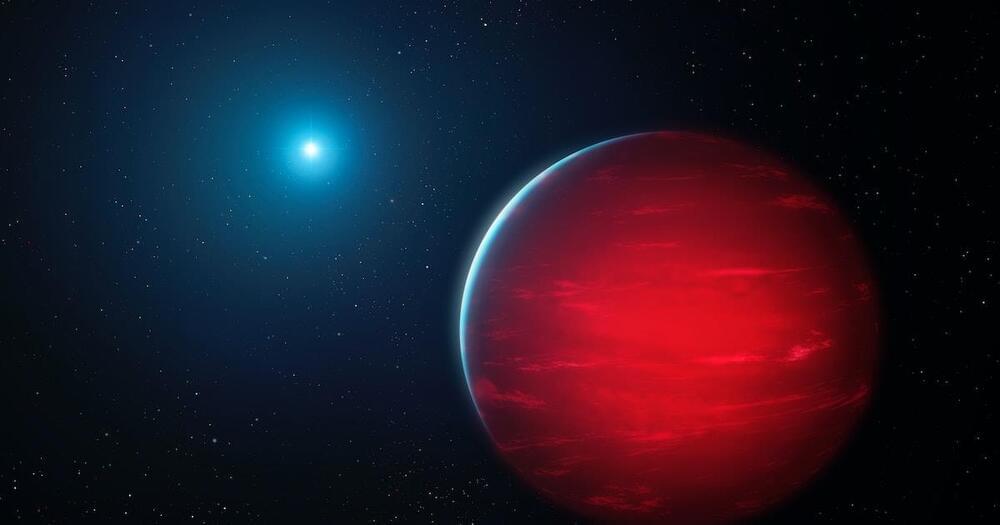Breadcrumbs…
When University of Cambridge astronomer Amy Bonsor and her colleagues studied the spectrum of light from white dwarfs — the burned-out remains of small stars — they noticed flecks of heavier elements on the stars’ surfaces where there should have been only a glowing expanse of helium and hydrogen. The astronomers realized the stars’ surfaces were littered with debris from asteroids and comets that had fallen into the stars, visible on the surface just briefly before sinking into the depths.
The chemical makeup of those planet crumbs — visible in their spectra, the specific wavelengths of light each chemical emits — suggests that the building blocks of planets are as ancient as a star system itself, rather than things that form later from the disk of material orbiting the star.
What’s New — It’s morbid but true: most stars eventually gobble up at least some of the planets and other chunks of space rock in their orbits. Solar systems can be dangerous places, especially in their early stages, with planets’ gravity bumping other planets — or smaller things, like asteroids and comets –—off their courses. Some of those objects get launched out of the solar system to start a new life as rogue planets, but others end up spiraling inward toward the immense gravity of the star at the heart of the system.
